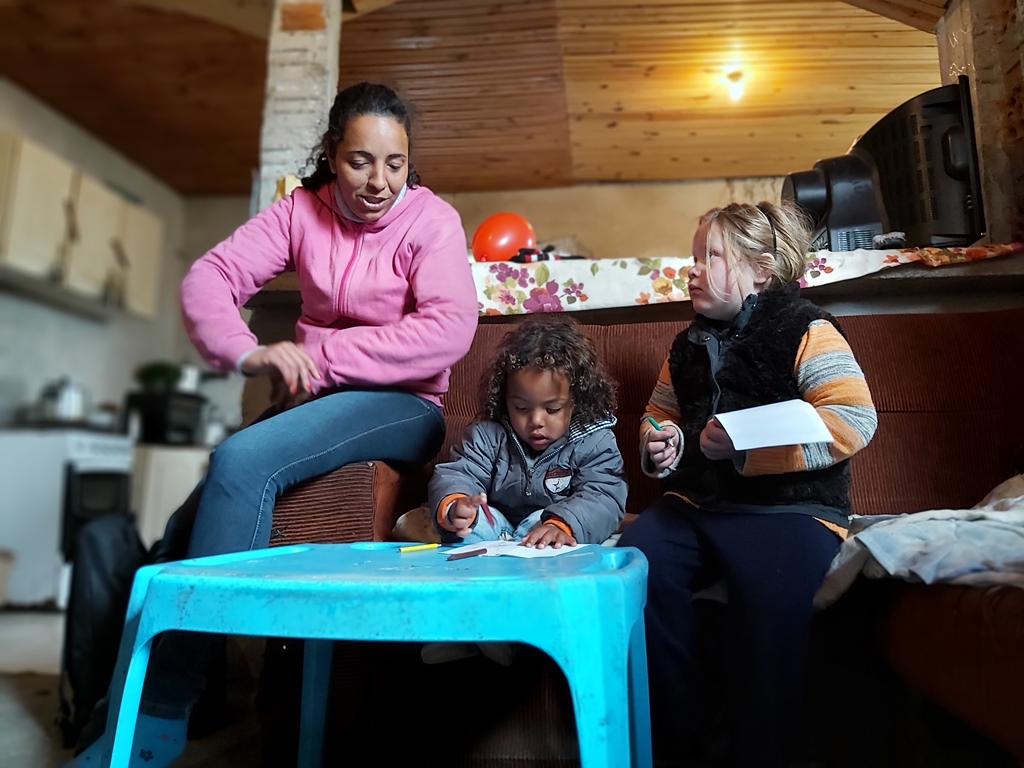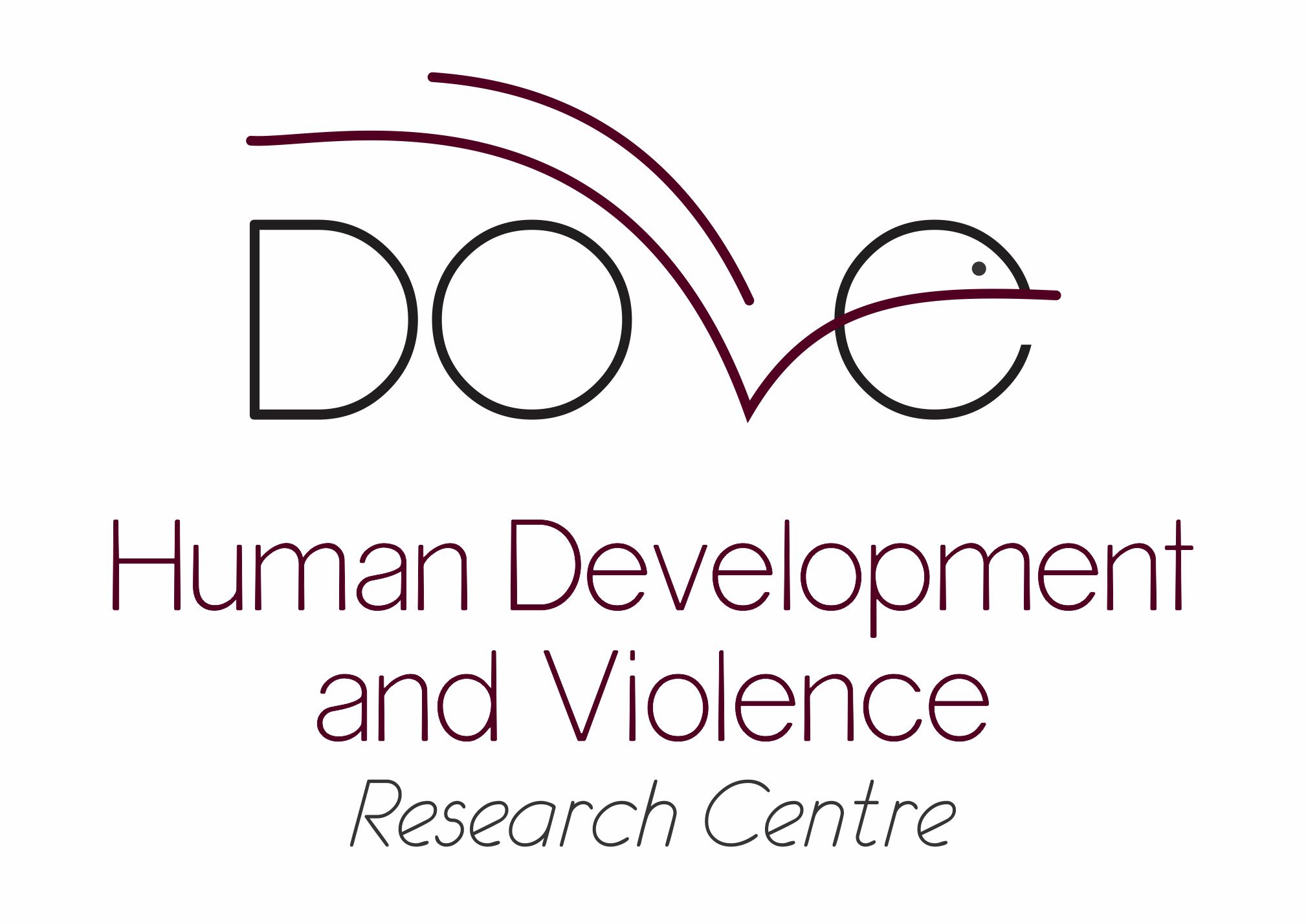Impacts of the PIM Home-Visiting Programme

The Primeira Infância Melhor (PIM) programme is a large-scale, statewide parenting intervention implemented in Rio Grande do Sul, southern Brazil. PIM focuses on families with greater social vulnerability and has served more than 300,000 children and 75,000 pregnant women since 2003. It aims to enhance sensitive and responsive caregiver-child interactions through engagement in age-appropriate play activities, along with provision of information for nurturing care and facilitating access to health and social services. Weekly home visits (45–60 min) are made by trained home-visitors. Home visits involve listening to the family, reviewing the activities of last week, conducting a playful activity aimed at stimulating child development and planning activities for the next week. Information on child health and nutrition is also provided, and referrals to healthcare services or social assistance are made as necessary.
Nested within the population-based, prospective 2015 Pelotas Birth Cohort Study, a series of quasi-experimental evaluations have assessed the impacts of PIM in real-life settings. In 2020, data from the 2015 cohort and the PIM information system were linked to identify more than 700 cohort children who had received the intervention. Comparison groups were created using propensity score matching and other techniques were employed to enhance causal inference. The quasi-experimental nature of the studies enabled the investigation of PIM’s impact under routine implementation conditions.
The most relevant results indicated that:
- Participation in PIM from pregnancy improved children’s socio-cognitive development at age 4 years. It was associated with 60% reductions in the prevalence of poor child development, compared to the control group. However, considering enrolment in PIM at any time (including after birth), there was not evidence of a benefit of PIM on child development.
- PIM increased by 13% the likelihood of having an adequate number of prenatal care visits, among those who started the intervention during pregnancy. Implementation characteristics, such as higher dosage delivered and lower visitor turnover, potentiated this positive effect on prenatal visits.
- Participating in PIM produced positive effects on parenting, in terms of parental responsiveness and sensitivity when children were aged 4 years, with stronger effects on sensitivity for low-income parents.
A further study considered the best pregnancy variables that might be used as an initial screen to consider families for inclusion to PIM. Maternal and paternal education levels were the strongest predictors of child development and deemed most appropriate for this purpose.
Overall, PIM demonstrated capacity to reduce inequalities in child development, particularly when families enrolled during pregnancy. To improve its low coverage during pregnancy, among the families most in need, PIM should integrate efforts with Primary Health Care during the prenatal period. To support this, a tool for initial population-level screening of pregnant women has been developed (https://ecdprograms.shinyapps.io/ECDPrograms/), based on the number of completed years of maternal and paternal education. Its application in municipal fieldwork should be adapted to local needs, and enrollment decisions require additional information on parental resources and direct interactions with families to jointly decide on inclusion.
Silvia Pinto – Ufpel
Publications
Viegas da Silva E, Hartwig FP, Barros F, et al. Effectiveness of a large-scale home visiting programme (PIM) on early child development in Brazil: quasi-experimental study nested in a birth cohort. BMJ Global Health 2022;7:e007116. doi:10.1136/ bmjgh-2021-007116. PDF
Healy MR, Viegas da Silva E, Lundborg AR, et al. Towards a better understanding of real-world home-visiting programs: a large-scale effectiveness study of parenting mechanisms in Brazil. BMJ Glob Health 024;9:e013787. doi:10.1136/ bmjgh-2023-013787. PDF
Viegas da Silva E, Hartwig FP, Yousafzai A, et al. The effects of a large-scale home visiting programme for child development on use of health services in Brazil. Health Policy and Planning, 39, 2024, 344–354. PDF
Viegas da Silva E, Hartwig FP, Santos TM, et al. Predictors of early child development for screening pregnant women most in need of support in Brazil. J Glob Health 2024;14:04143. PDF


